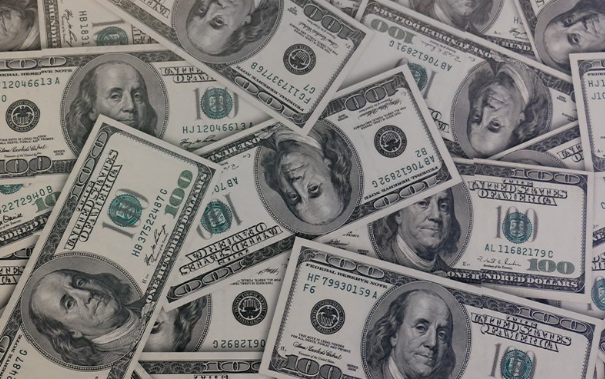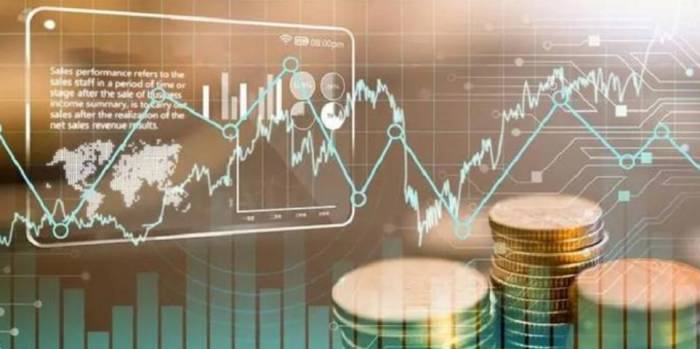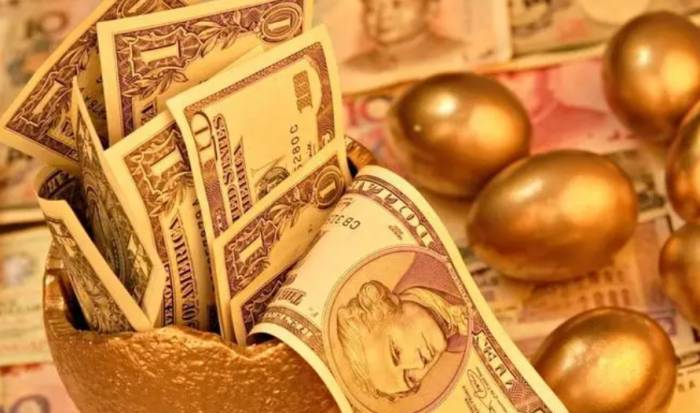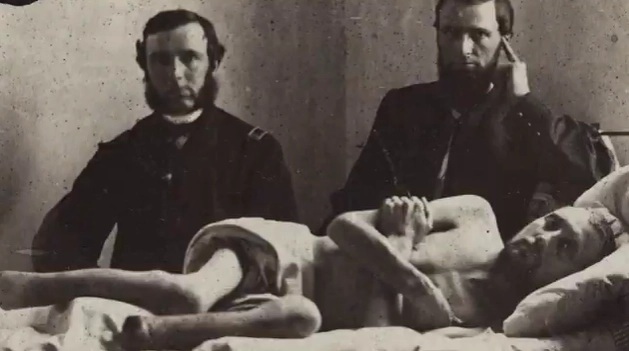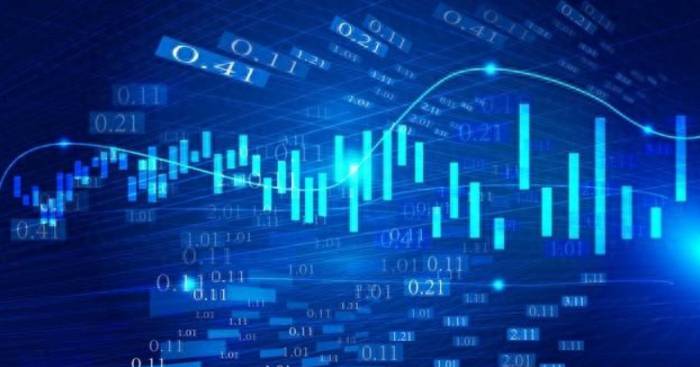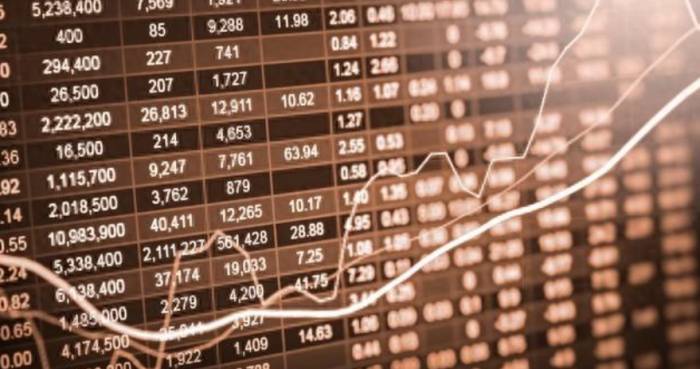How can A-share investors get a bigger piece of the cake? I think many investors are not clear about this.
Some fans believe that there are many unfair aspects in the A-share market system. For example, financial institutions and listed companies have greater convenience and advantages in the market, while small and medium-sized retail investors do not have these advantages. Decades ago, I also had such an understanding, but later I realized that this cognition was wrong.
For example, our city held an ice and snow festival. At the opening ceremony, the best viewing spots were deliberately set aside for the organizers, municipal leaders, photojournalists, important guests, etc., and these positions were not allowed to be entered by ordinary viewers.
Some viewers will express dissatisfaction, they think why can't they sit in a better position, why is it so unfair. In fact, they did not think from the perspective of the other party. If they were in the position of the organizer, they would also handle it like this, and they would also divide the cake like this.
The most fundamental reason is that resources, or the cake, are limited, and it is necessary to allocate resources to people who make greater contributions in order to achieve the maximization of work efficiency. If the good positions are allocated to ordinary viewers, can ordinary viewers preside over the scene? Or can they do a good job in sports broadcasting? Or can they show the high attention of the municipal government to this ice and snow festival?
The resources of the A-share market are also limited. In order to serve the real economy, there will inevitably be some inclination and care in the system. Decades ago, in order to promote economic development, the A-share market vigorously promoted the listing of companies, which could solve the difficulties of local economies and a series of problems such as employment. At that time, the market resources of A-shares would be obviously inclined towards listed companies. If they were inclined towards ordinary investors, could investors create GDP for the local area or solve employment?
Now, with a large number of companies going public, some of them have not played a role in serving the real economy, but instead have engaged in fraud and embezzlement, causing a waste of resources. So now A-shares have started to adopt the "should retreat as much as possible" system, driving them out of the good positions and reabsorbing a group of new companies with the ability to drive economic development.
After the support of the A-share market, most of the companies that went public decades ago have mature business models and have the ability to continue dividend distribution. At this time, the organizers began to ask these listed companies to increase cash dividends. The meaning is that you have occupied such good resources for many years, and now you should also make more contributions to everyone.
So some companies proposed to carry out mid-term dividends - to pay for a popsicle for each person in the audience. In this way, the audience in the ordinary seats also got some benefits. The new national nine articles are such a new system, which has begun to fight for the interests of ordinary viewers. In this way, everyone in the whole venue can benefit.
The vast majority of "unfairness" is fair, all caused by the scarcity of resources. There are 100 cakes on the scene, and there are 100 people, which may be distributed evenly to each person. There are 10 cakes on the scene, but there are 100 people, and it is necessary to make a focused distribution. People who can work and make money will get more, those who contribute less will get less, and those who are dispensable may not even get a bite.This is the essence of the distribution system. In the case of scarce resources, only an "unfair" distribution can be implemented, allowing the capable to work more and earn more, in order to drive and achieve rapid development of the overall economy. If in the case of poverty, a "big pot" is still implemented, and an average distribution is carried out, then the economy will definitely develop slowly. In the final analysis, "poverty" is the most important reason for unfair distribution.
To serve the real economy, the current A-share market has the largest piece of the cake, which is the listed companies representing new productive forces, and the market has given them a green light for financing. Next, it is the equity investment institutions, which have invested in the listed companies of new productive forces, and the A-share market has also provided convenience for their capital exit.
Again, it is the investors and institutions participating in the new stock subscription. New stocks can only support the real economy if they are successfully issued and listed. The current A-share market has given new stock subscribers the opportunity to make huge profits. Many new stocks will soar as soon as they are listed, which is actually giving the new stock lottery winners a piece of the cake. Encourage people to subscribe to new stocks.
In addition, investors and institutions that engage in long-term value investment will also get a piece of the cake. The current A-share market resources are obviously inclined towards long-term investors. For example, long-term investors who hold shares for more than one year can be exempted from dividend tax. However, short-term traders do not have this preference, and the T+0 trading system favored by short-term traders has not been implemented.
The reason is that the primary purpose of the current A-share market is to serve the real economy, and long-term holding is conducive to serving the real economy. The "New National Nine Articles" promote listed companies to increase dividends and repurchase efforts, which are all to give a share of the popsicle or cake to long-term investors.
Short-term traders, due to their limited help to the development of the real economy, will not be inclined to resources. As mentioned above, at the opening of the Ice and Snow Festival, the organizer gave away small gifts and popsicles for free, only to the audience who have been cheering in the venue, and the popsicles were not given to those who left after watching for a while. Really, an old lady grabbed a handful of popsicles and was about to leave, and was immediately confiscated by the staff.
Now many people criticize quantitative trading and margin trading. I think they have not been completely abolished now because they have some indirect significance in serving the real economy. If they have no help at all for the development of the real economy, they would have been abolished long ago. Whether they will be abolished in the future, I think the management will weigh the pros and cons and make the correct decision.



